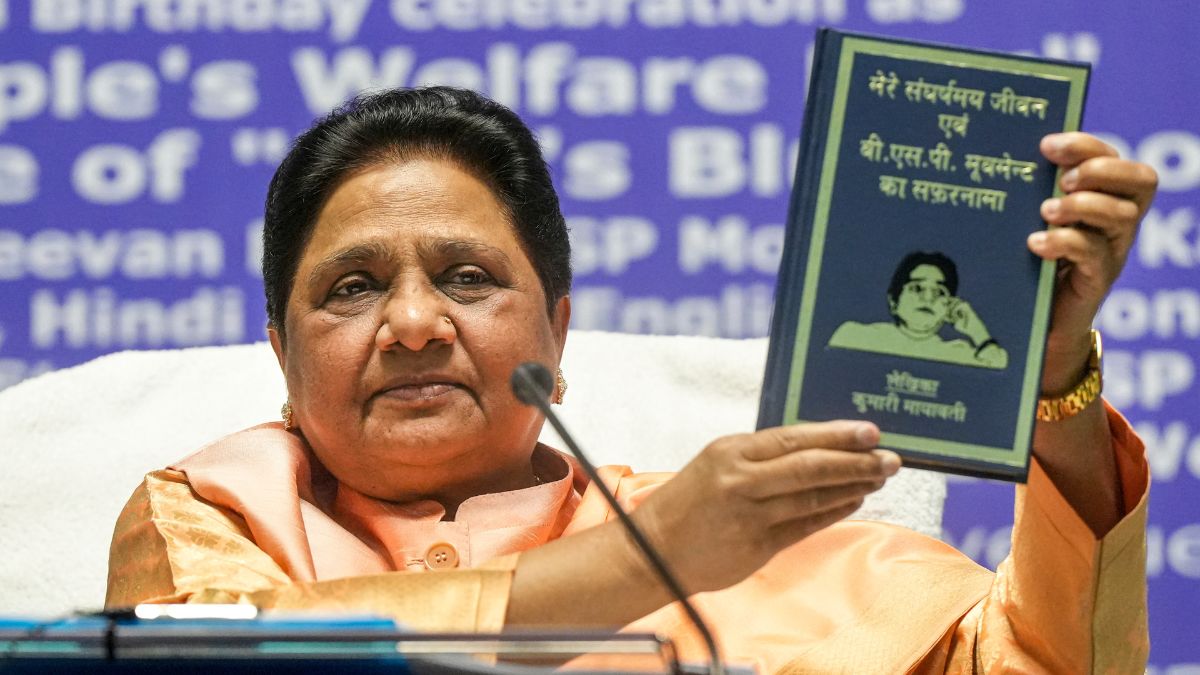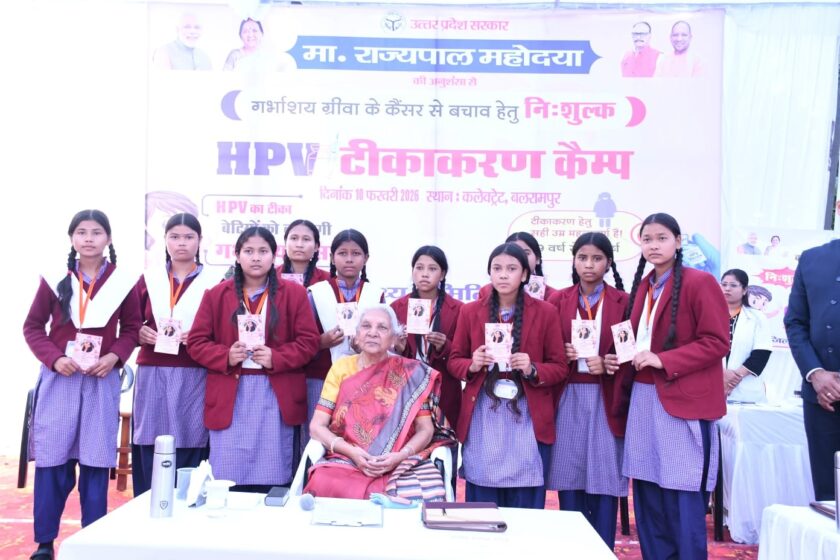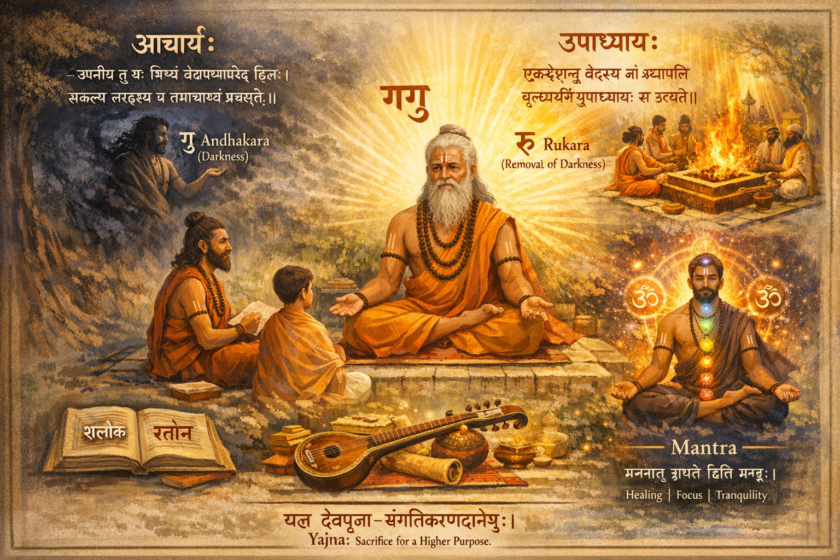Lucknow: BSP supremo Mayawati has signaled a strategic shift in her political approach for the 2027 Uttar Pradesh assembly elections, focusing on consolidating a Dalit-OBC-Brahmin vote triangle rather than relying heavily on the traditional Muslim vote bank.
On October 9, she addressed a large rally in Lucknow on the birth anniversary of Kashiram Ji, her first major public gathering in a long time. Political analysts note that her calm demeanor and commitment to social causes reflect a carefully calculated strategy.
In previous elections, Mayawati fielded Muslim candidates to counter the Samajwadi Party in Muslim-dominated areas. However, the 2022 assembly and 2024 Lok Sabha election results indicated limited gains from this approach, with many Muslim voters favoring the SP or Congress. Now, she appears to be prioritizing non-Yadav OBCs (Kurmi, Maurya, Lodhi, Nishad), non-Jatav Dalits, and Brahmins—particularly those dissatisfied with the BJP—alongside youth, women, and rural voters concerned with law and order.
Mayawati has also publicly praised some of CM Yogi Adityanath’s development initiatives, which analysts interpret as a move to present herself as a non-confrontational alternative to BJP voters while avoiding formal alliances. Another potential strategy is the return of senior BSP leaders who left the party over the past decade, strengthening the party’s district-level network and voter mobilization.

While her hold on the Dalit community remains strong, Mayawati is expected to emphasize constitutional rights, Dalit empowerment, reservation in government and private sectors, and educational opportunities to attract broader support. Analysts say that if she successfully consolidates the Dalit-OBC-Brahmin triangle, the BSP could emerge as a formidable third force, challenging both the SP-Congress alliance and the BJP.
Mayawati’s upcoming speeches, candidate selections, and organizational moves in the coming months will reveal how effectively she implements this multi-caste strategy for the 2027 elections.










